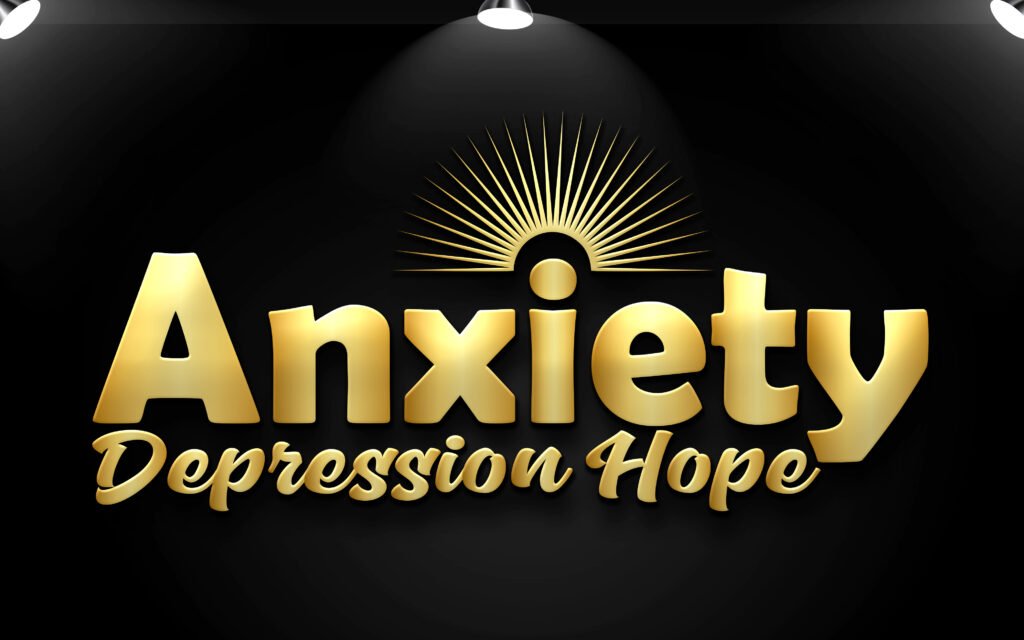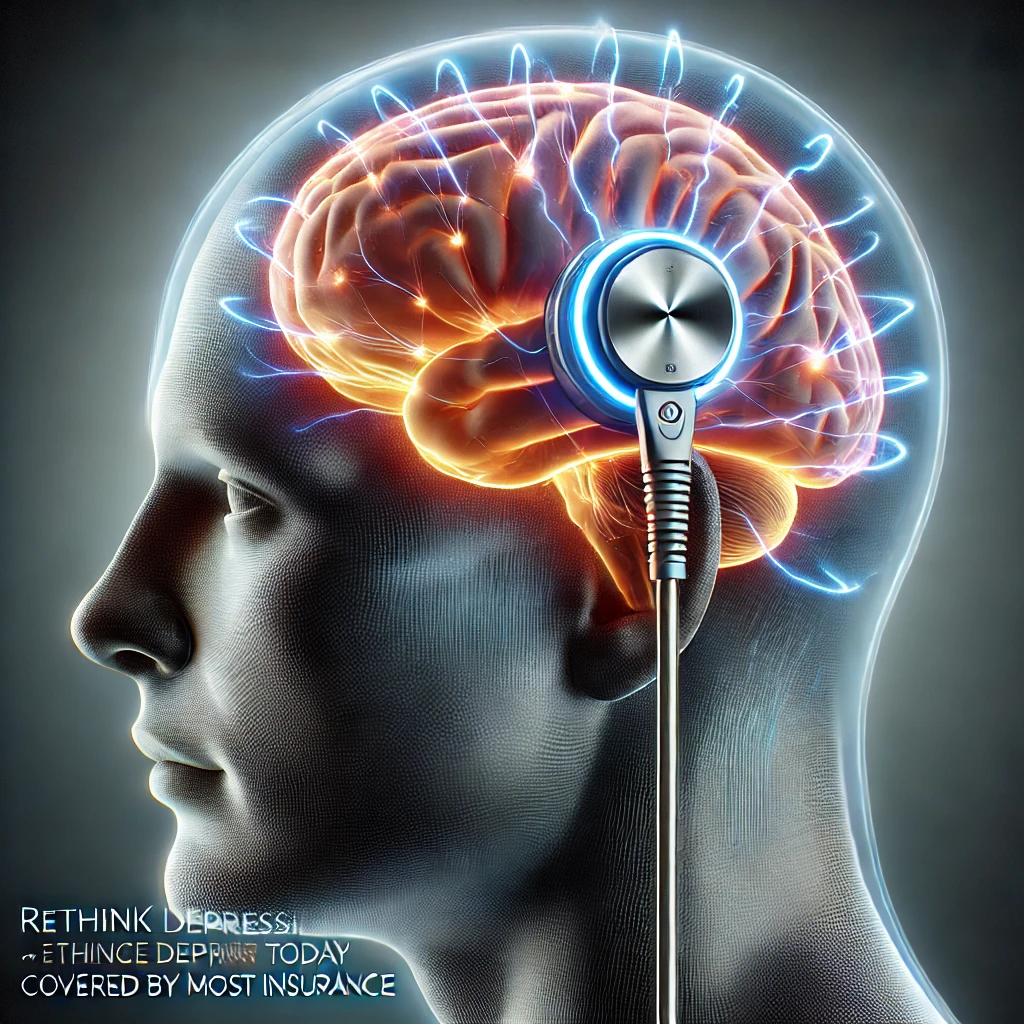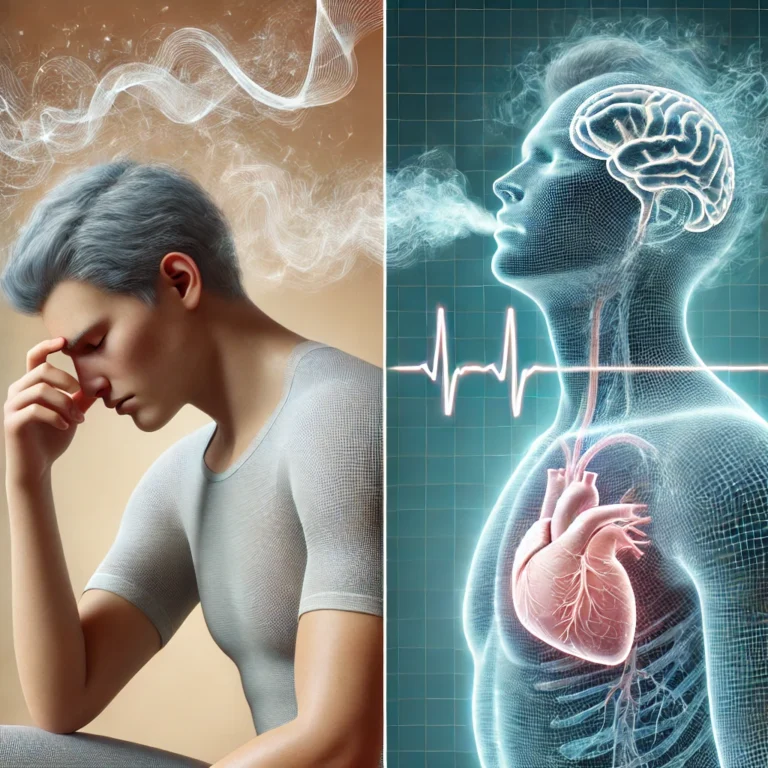TMS Therapy: A Non-Medication Option for Depression
Understanding TMS Therapy
Transcranial Magnetic Stimulation (TMS) therapy is a cutting-edge treatment option primarily aimed at individuals suffering from major depressive disorder, especially those who have not responded adequately to conventional medication. This non-invasive procedure utilizes magnetic fields to create electric currents in targeted regions of the brain, specifically those associated with mood regulation. By stimulating these nerve cells, TMS aims to enhance neuronal activity, which may alleviate depressive symptoms.
The underlying principle of TMS involves electromagnetism, where magnetic pulses are transmitted through a coil placed on the scalp. These pulses penetrate the skull, targeting the left prefrontal cortex—a region often implicated in depression. During a typical TMS session, the patient is seated comfortably while the device is positioned correctly. The treatment usually lasts around 20 to 40 minutes, with patients often reporting little to no discomfort during the procedure. Regular sessions over several weeks are typically recommended to achieve optimal results.
One of the significant advantages of TMS therapy is its non-invasive nature, providing an appealing alternative for patients hesitant about side effects associated with antidepressant medications. As a non-medication approach, TMS does not introduce chemical substances into the body, which can be particularly beneficial for those who have experienced adverse effects from pharmaceuticals. Clinical studies have consistently shown that TMS therapy can lead to substantial improvements in mood, with a considerable percentage of patients achieving remission from depressive episodes.
In summary, TMS therapy emerges as a valuable non-medication option for treating depression, employing magnetic fields to stimulate essential brain areas, thereby enhancing mood and quality of life for many individuals struggling with this condition.
Benefits of TMS Therapy
Transcranial Magnetic Stimulation (TMS) therapy has emerged as a promising non-medication treatment option for individuals suffering from depression. One of its most significant advantages is its effectiveness for patients who have not responded adequately to conventional antidepressants. Clinical studies have shown that TMS therapy can lead to substantial improvements in depressive symptoms, even for those classified as treatment-resistant. This positions TMS as a vital alternative for individuals seeking relief from persistent depression.
Another noteworthy benefit of TMS therapy is its minimal side effects compared to traditional antidepressant medications. While common medications often come with a range of unpleasant side effects, such as weight gain, sexual dysfunction, and drowsiness, TMS therapy typically has a favorable safety profile. Most patients experience only mild side effects, such as temporary headaches or scalp discomfort during treatment sessions. This tolerability allows patients to engage in daily activities without significant interruptions.
Patient testimonials further affirm the transformative nature of TMS therapy. Many individuals have reported significant improvements in mood, increased energy levels, and enhanced cognitive function following their treatments. These anecdotal experiences are supported by robust clinical research, which indicates that TMS therapy can lead to notable changes in brain activity associated with mood regulation. As this therapy targets specific areas of the brain implicated in depression, it fosters an environment for recovery and symptom relief.
TMS therapy can be effectively integrated into a comprehensive mental health treatment plan. When combined with psychotherapeutic approaches and lifestyle changes, such as regular exercise and mindfulness practices, TMS can enhance overall therapeutic outcomes. This holistic approach not only addresses the immediate symptoms of depression but also promotes long-term mental wellness, making TMS therapy a valuable component for those navigating their mental health journeys.
What to Expect During TMS Treatment
Transcranial Magnetic Stimulation (TMS) therapy is a non-invasive procedure designed to treat depression, offering an alternative for individuals seeking relief from their symptoms without relying on medication. Understanding the treatment process can help alleviate any anxieties surrounding the use of TMS. Typically, each session lasts about 20 to 40 minutes, and treatments are usually administered five times a week over a period of four to six weeks.
Before starting a session, patients are guided through a brief preparation phase. This may include a discussion with the healthcare provider to review medical history and treatment goals, ensuring that TMS is the right choice. The TMS machine itself is designed to apply highly focused magnetic pulses to specific areas of the brain associated with mood regulation. The setup involves placing a magnetic coil on the patient’s scalp, which is adjusted for optimal positioning. Patients are generally seated comfortably during the treatment, which promotes relaxation and reduces stress during the procedure.
Many individuals report that the sensation of the magnetic pulses is mildly uncomfortable but generally tolerable. The most common experience is a tapping feeling on the scalp, accompanied by a slight headache or discomfort, which usually dissipates shortly after treatment. Side effects tend to be minimal, with the risk of seizures being extremely rare and typically limited to certain contraindications. The overall atmosphere during a TMS session is professional yet supportive, as healthcare providers strive to create a reassuring environment to help patients feel at ease.
Communication with the healthcare team is essential throughout the process. Patients should not hesitate to express concerns or discomforts, allowing providers to make necessary adjustments and provide accurate information. This collaborative approach ultimately enhances the effectiveness of TMS therapy in treating depression.
Who is a Candidate for TMS Therapy?
Transcranial Magnetic Stimulation (TMS) therapy is increasingly recognized as a viable non-medication option for individuals suffering from depression, especially those who have not found relief through conventional treatments. The determination of candidacy for TMS therapy is based on several criteria that consider the patient’s specific circumstances. One primary factor is the severity of the depression being experienced. Individuals diagnosed with moderate to severe major depressive disorder are often deemed suitable candidates, particularly if they exhibit symptoms that significantly impair their daily functioning.
Prior treatment history plays a crucial role in evaluating suitability for TMS. Patients who have not responded adequately to traditional antidepressants or psychotherapy may particularly benefit from this innovative approach. TMS has been shown to be effective for those categorized as having treatment-resistant depression, which is characterized by a lack of significant improvement after multiple treatment attempts.
Furthermore, it is essential to consider the specific needs of the patient and any underlying health conditions that may affect their eligibility for TMS therapy. For instance, individuals with certain neurological conditions, a history of seizures, or implanted medical devices may face contraindications. It is vital for potential candidates to engage in a thorough discussion with their healthcare providers to assess their medical history, current mental health status, and the associated risks of TMS therapy.
In summary, while many individuals struggling with depression may qualify for TMS treatment, it is imperative to evaluate each case on an individual basis. This includes examining depression severity, previous treatment outcomes, and any potential contraindications. By working closely with a healthcare professional, patients can make informed decisions regarding their mental health treatment options. Seeking clinical guidance ensures the right approach to effectively manage and potentially overcome depression symptoms.







